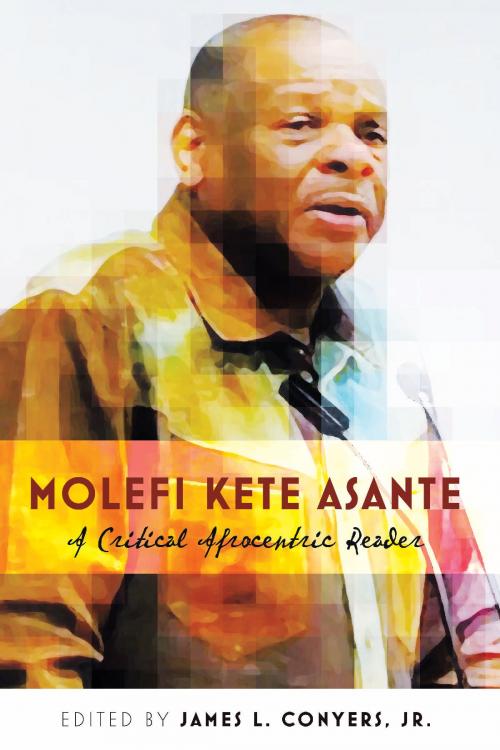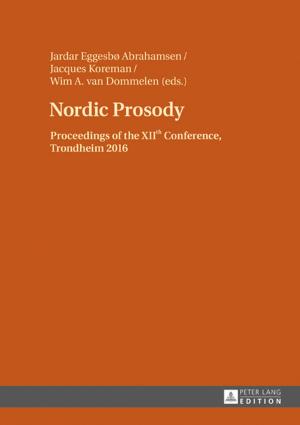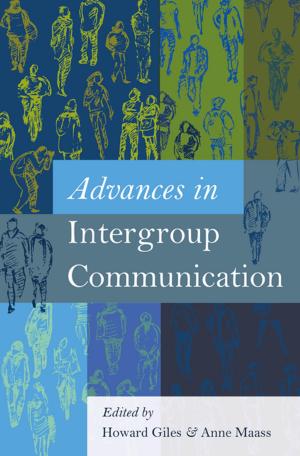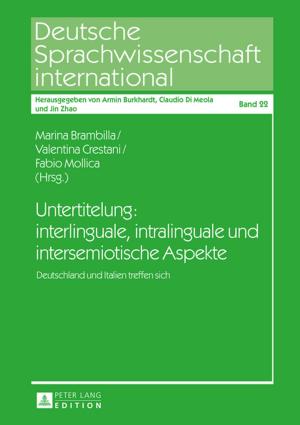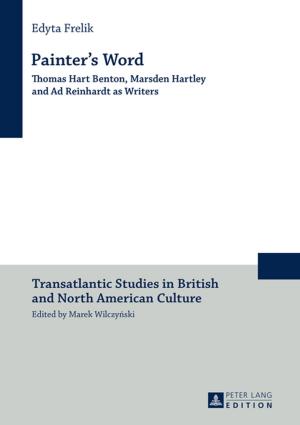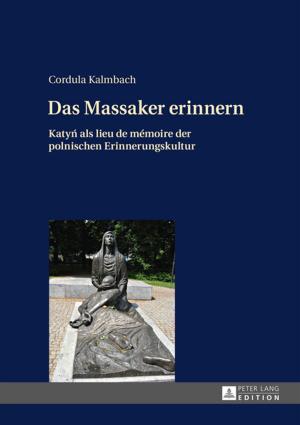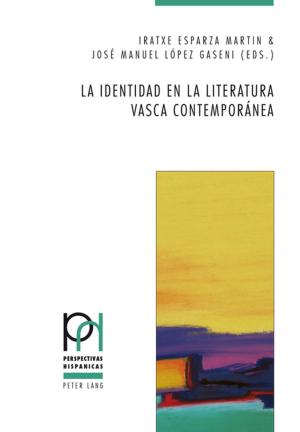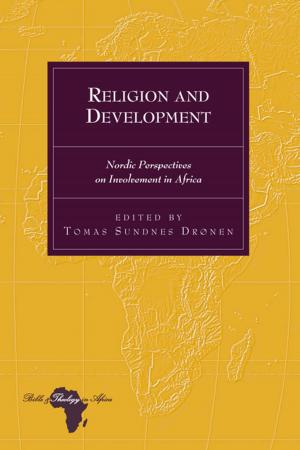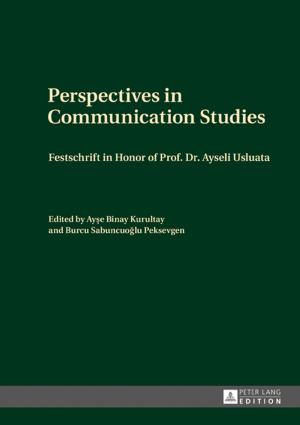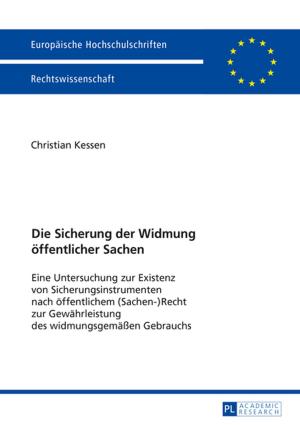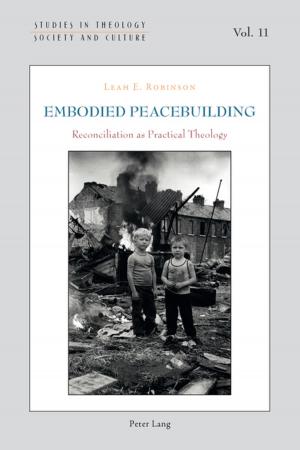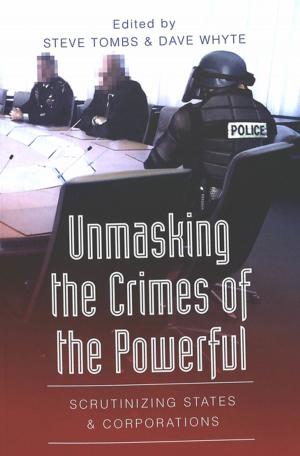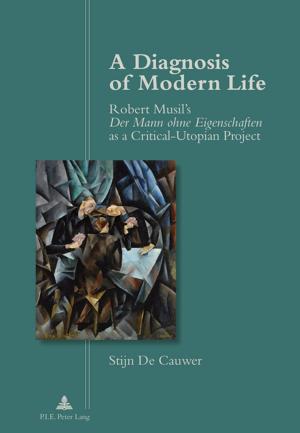Molefi Kete Asante
A Critical Afrocentric Reader
Nonfiction, Social & Cultural Studies, Social Science, Discrimination & Race Relations, Anthropology| Author: | ISBN: | 9781433141355 | |
| Publisher: | Peter Lang | Publication: | July 28, 2017 |
| Imprint: | Peter Lang Inc., International Academic Publishers | Language: | English |
| Author: | |
| ISBN: | 9781433141355 |
| Publisher: | Peter Lang |
| Publication: | July 28, 2017 |
| Imprint: | Peter Lang Inc., International Academic Publishers |
| Language: | English |
Conceptually, Molefi Kete Asante: A Critical Afrocentric Reader is a reflexive analysis of the editor’s space in higher education over the past three decades. As a historical assessment, this reader is a narrative that offers a constructive perspective of Afrocentricity, as the sheer mention of the word draws reaction and fear from either uniformed or conventional personnel. The book organizes Asante’s writings into four categories: history, mythology, ethos, and motif. Arranged theoretically, these are the four concepts that describe and evaluate culture from an Afrocentric perspective. This study offers an assessment of Asante’s body of literature that continues to position the philosophy and ideals of the Afrocentric movement internationally. In the context of being a public intellectual, the core of Asante’s analysis draws inferences in locating Africana occurrences in place, space, and time. Advancing this idea further, the purpose of these presages is to motivate scholars in the field of Africana studies to contribute to the intellectual history of W. E. B. Du Bois, Maria Stewart, Carter G. Woodson, John Henrik Clarke, and the countless others who have advanced Africana research and writing. For many cynics and associates, the scholarship of Asante has not been thoroughly vetted. Directly or indirectly, Asante offers a foundation of optimism in forming the outliers of breakdown and breakthroughs for victorious thought of an Afrocentric perspective.
Conceptually, Molefi Kete Asante: A Critical Afrocentric Reader is a reflexive analysis of the editor’s space in higher education over the past three decades. As a historical assessment, this reader is a narrative that offers a constructive perspective of Afrocentricity, as the sheer mention of the word draws reaction and fear from either uniformed or conventional personnel. The book organizes Asante’s writings into four categories: history, mythology, ethos, and motif. Arranged theoretically, these are the four concepts that describe and evaluate culture from an Afrocentric perspective. This study offers an assessment of Asante’s body of literature that continues to position the philosophy and ideals of the Afrocentric movement internationally. In the context of being a public intellectual, the core of Asante’s analysis draws inferences in locating Africana occurrences in place, space, and time. Advancing this idea further, the purpose of these presages is to motivate scholars in the field of Africana studies to contribute to the intellectual history of W. E. B. Du Bois, Maria Stewart, Carter G. Woodson, John Henrik Clarke, and the countless others who have advanced Africana research and writing. For many cynics and associates, the scholarship of Asante has not been thoroughly vetted. Directly or indirectly, Asante offers a foundation of optimism in forming the outliers of breakdown and breakthroughs for victorious thought of an Afrocentric perspective.
